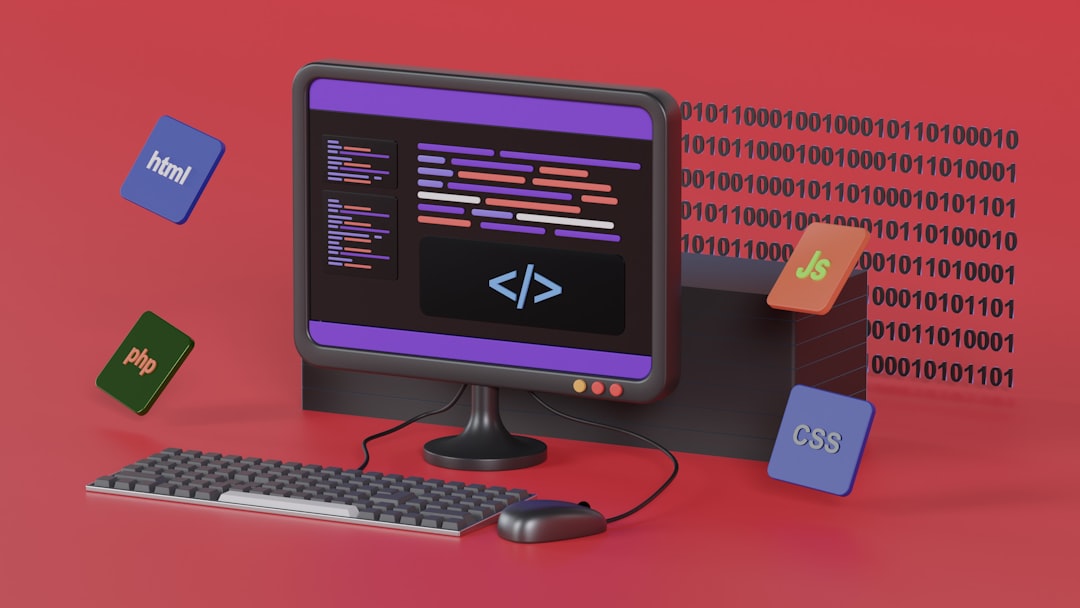Thanks to the rapid advancement of artificial intelligence, coding tasks that once took hours can now be streamlined with powerful AI tools. Whether you’re a professional software engineer or a newbie just starting out in programming, AI code writers and assistants can supercharge your productivity, reduce bugs, and even teach you along the way. Let’s explore the best AI tools available today for coding, how they work, and what makes each one stand out.
Contents
What Makes an AI Coding Tool Useful?
Before diving into individual tools, it’s important to consider what features make an AI coding assistant valuable. Typically, great AI coders share some or all of the following characteristics:
- Code Autocompletion: Helps users write code faster with intelligent suggestions.
- Code Generation: Translates natural language into functional code snippets or full-featured programs.
- Error Detection: Identifies syntactic and even some logical errors early in the development process.
- Language Support: Works across multiple programming languages, from Python to JavaScript to C++.
- Integration: Works well with popular IDEs like VS Code, IntelliJ, and web-based editors.

Top AI Code Writers and Tools
1. GitHub Copilot
Powered by OpenAI’s Codex model, GitHub Copilot has taken the developer community by storm. Seamlessly integrating with Visual Studio Code and other IDEs, Copilot can generate entire functions, suggest lines of code, and translate comments into real implementations.
Best For: Developers working in TypeScript, JavaScript, Python, and more who are looking for productivity boosts and smart suggestions.
2. OpenAI Codex
OpenAI Codex serves as the AI engine behind GitHub Copilot but is also available through APIs for custom development. It’s versatile in accepting natural language prompts and returning any kind of code output, from simple scripts to complex algorithms.
Best For: Developers building custom AI-driven applications, chat-based coding assistants, or education platforms.
3. Tabnine
Tabnine provides AI-powered autocompletion but emphasizes on-device privacy and speed. It’s particularly attractive for teams working on confidential codebases that shouldn’t be shared with cloud services.
Best For: Private codebases, enterprises concerned with code security, and those looking for lightweight prediction tools.
4. Amazon CodeWhisperer
Amazon’s answer to Copilot, CodeWhisperer, is tailored for applications on AWS. It provides context-aware code suggestions and even flags code snippets that may have originated from open-source libraries, helping developers manage licensing compliance.
Best For: AWS developers, cloud-based applications, and compliance-focused teams.
5. Replit Ghostwriter
Replit’s in-browser code editor, Ghostwriter, makes it easy for users to start coding with AI help without any setup. It features intelligent autocompletion and debugging directly in the browser, with an interface friendly to beginners and educators.
Best For: Beginners, educators, and casual coders using web-based platforms.
Other Noteworthy Mentions
- CodeGeeX: A multilingual AI code generating model trained on huge codebases, ideal for non-English users.
- Kite (Discontinued): While no longer in service, it paved the way for real-time AI coding suggestions and lowered the barrier for entry.
- Mutable AI: Offers instant code refactoring and documentation generation to boost team efficiency.
Tips for Selecting the Right AI Tool
Every coding AI has strengths and limitations, so picking the right one depends on your specific use-case. Ask yourself:
- Do I care more about privacy or accuracy?
- Which programming languages do I use regularly?
- Is cost or access to a free tier important to me?
- Do I need integration into a particular IDE like VS Code or IntelliJ?
The Future of AI in Software Development
AI coding assistants are rapidly evolving. With improvements in natural language understanding and multimodal learning, future tools may be able to understand project context, recognize design patterns, and even collaborate in real-time with human developers. Whether you’re building a web app or training a machine learning model, the support of AI can help you move faster and with greater confidence.
The best approach is to try out multiple AI coding tools and see which one fits your workflow the best. With each passing day, these tools are getting smarter, more accessible, and more powerful.




